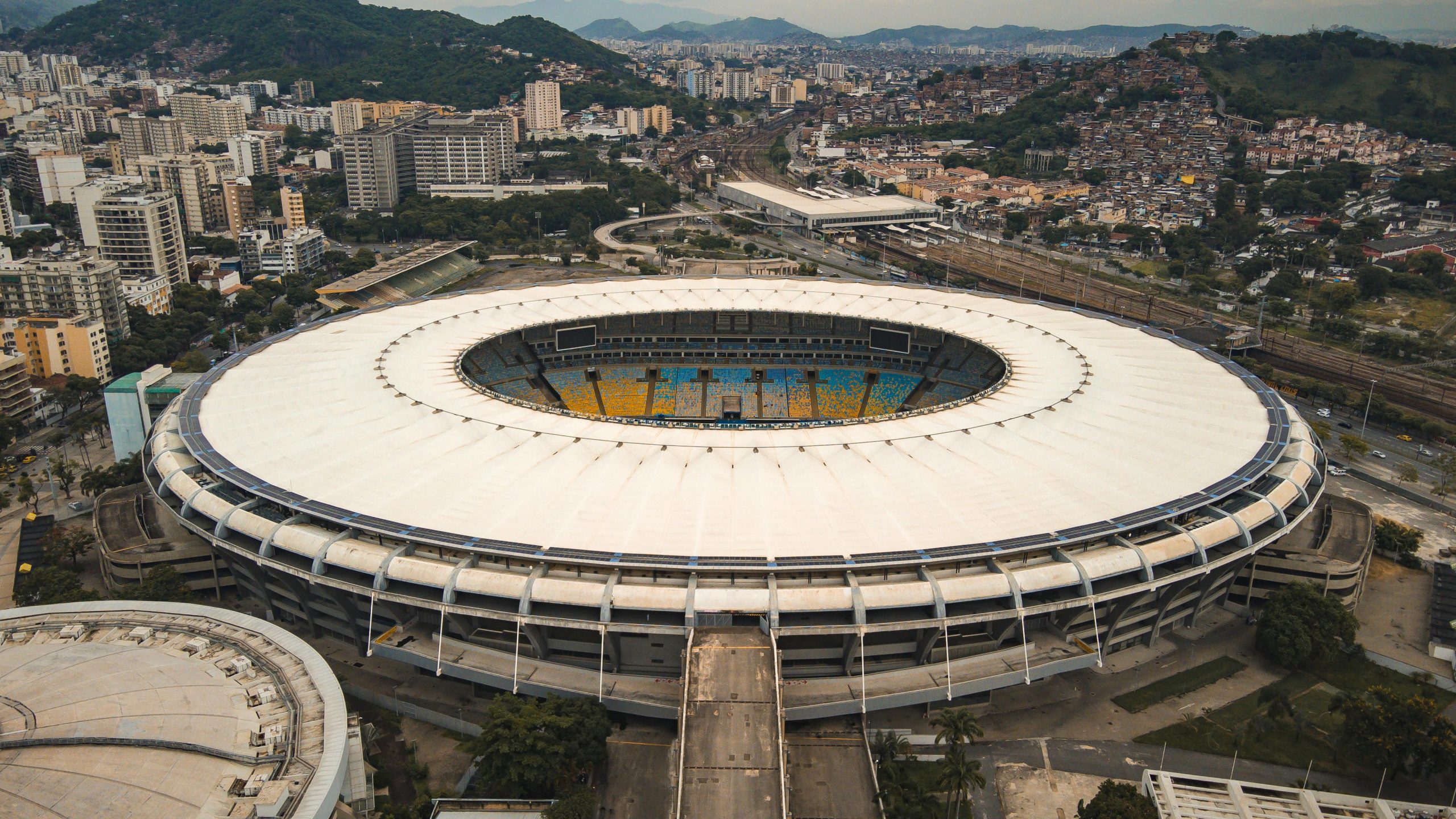Senate Considers Revised Bill to Control Betting Advertisements Amidst Growing Concerns
A newly revised legislative proposal to regulate betting advertisements surrounding live sports broadcasts has been approved by Brazil’s Sports Commission and is now set to move to the Senate Plenary for further consideration.
On Wednesday, the Sports Commission endorsed a set of new guidelines aimed at curbing the proliferation of betting ads in Brazil. The legislation, known as Bill 2,985/2023, receives support from Senator Carlos Portinho, who has made significant modifications to the initial draft, notably removing a total ban on all betting advertisements.
Originally, the bill was meant to be assessed by the Communication and Digital Law Committee (CCDD), but due to its current lack of membership, it will directly reach the Senate Plenary. Should it pass this stage, it will proceed to the Chamber of Deputies for additional evaluation.
Proposed Advertising Restrictions
The proposed bill outlines specific limitations on how and when betting operators can promote their services in Brazil. Notably, it would prohibit advertisements during live sporting events and restrict the use of celebrities, including athletes and influencers, in marketing efforts. An exemption permits former athletes who retired at least five years ago to be featured in ads.
Promotional activities on television and streaming services could only take place from 7:30 PM to midnight, limiting their visibility outside these hours. For radio channels, the permissible advertising windows are narrowed to two time slots: 9 AM to 11 AM and 5 PM to 7:30 PM.
Printed advertisements will face a ban, alongside static or electronic promotions of fixed-odds betting within stadiums and sports facilities, except when operators are recognized as official event sponsors or sponsors of the teams’ kits (capped at one advertiser per team). Furthermore, all marketing efforts must include cautionary messages about the dangers of gambling.
Operators would gain the ability to target ads to verified adults of 18 years and older on social media and other online platforms, while users must have straightforward options to opt-out of receiving such advertisements. Limited brand promotion may occur during sports broadcasts from 9 PM to 6 AM, as long as it doesn’t come with betting incentives.
Rationale Behind Stricter Regulations
Senator Portinho has articulated that the need for these restrictions arises from a growing concern regarding the betting industry’s failure to self-regulate its advertising practices. He cited the introduction of Normative Ordinance No. 1,231 by the Secretariat of Prizes and Bets in July 2024 as a pivotal moment, arguing that despite legislative efforts, the societal implications of unchecked gambling remain dire.
“One year after this regulation was enacted, we find ourselves dealing with a society significantly affected by gambling addiction,” Portinho remarked. “Football institutions and communication companies are heavily reliant on betting, and the ramifications are clear.”
Despite pushback from some football clubs expressing apprehension about these restrictions, Portinho believes that public sentiment aligns with the proposed regulations. He describes the collaboration with clubs as part of an effort to mitigate what he terms an "epidemic detrimental to families."
While Portinho initially supported an outright ban on advertising, he adjusted his stance to ensure legal clarity within the burgeoning online sector. Senator Styvenson Valentim, the proponent of the original bill, has echoed the sentiment that while the amendments may not align perfectly with his initial vision, they provide a necessary equilibrium amid ongoing discussions about gambling’s impact on society.
“Perhaps this approach offers the market a chance to adjust and serves as a wake-up call to a populace that has already experienced the consequences of gambling,” Valentim added.
